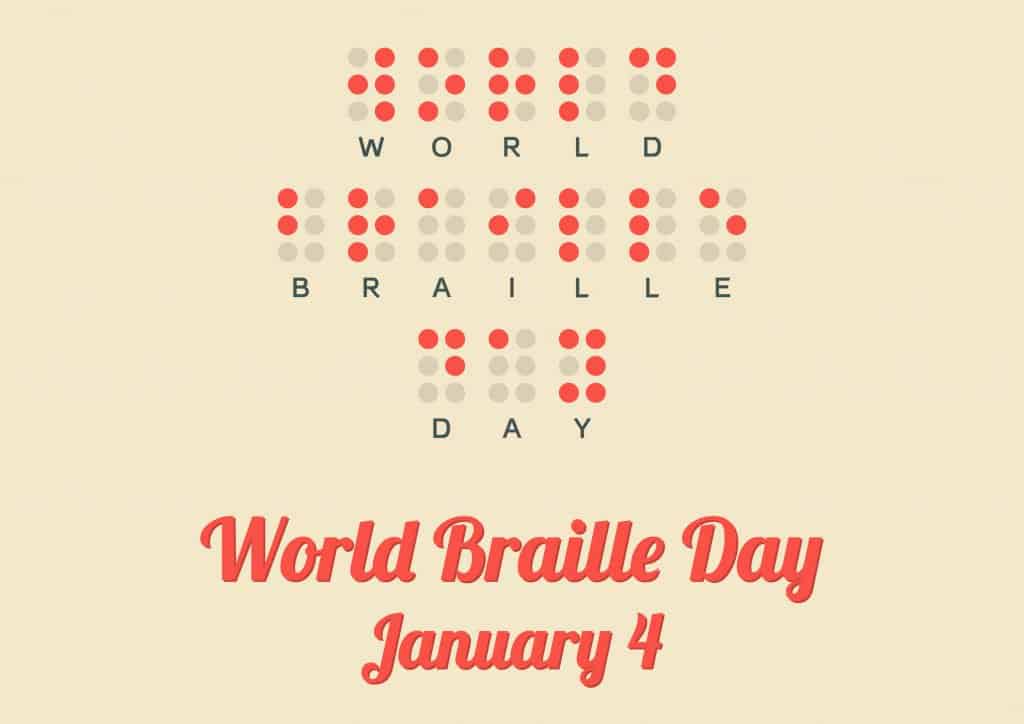World Braille Day, established in 2019, serves as an occasion to heighten awareness about the vital role of Braille as a communication tool in the complete realization of human rights for individuals who are blind or partially sighted.
What is Braille? Braille functions as a tactile representation of alphabetic and numerical symbols, utilizing six dots to depict each letter, number, and even musical, mathematical, and scientific symbols. Named after its 19th-century French inventor, Louis Braille, this system enables blind and partially sighted individuals to access the same literary and periodical content as those printed in standard visual fonts.
Within the realms of education, freedom of expression and opinion, as well as social inclusion, Braille plays an indispensable role, aligning with the principles outlined in Article 2 of the Convention on the Rights of Persons with Disabilities.
